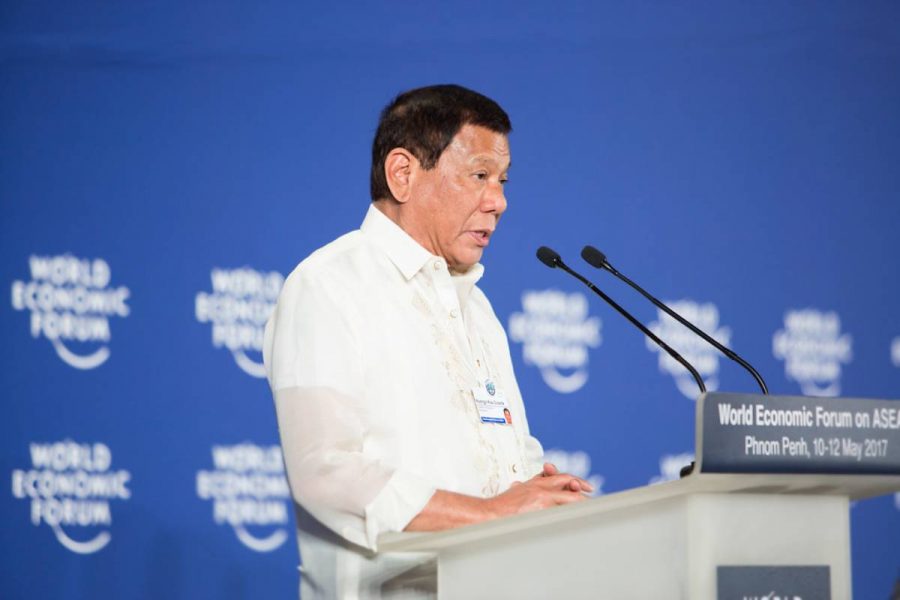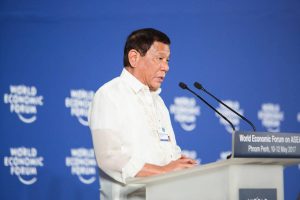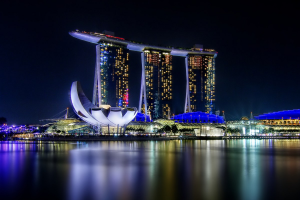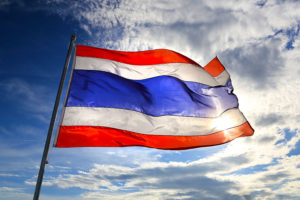Philippines president continues to defend e-sabong

President Rodrigo Duterte says the Philippines needs the money brought in by e-sabong operations.
The Philippines.- President Rodrigo Duterte has once again defended e-sabong operations in the Philippines. He says the government needs revenue from online cockfighting because other funds have been consumed by the Covid-19 pandemic.
In March, 23 senators signed Resolution No. 996 calling for a suspension of e-sabong after 31 people linked to the industry disappeared. Authorities have so far allowed operations to continue but ordered the Philippine National Police and the National Bureau of Investigation to investigate the matter.
According to Philstar, Duterte said yesterday: “I need the money from e-sabong for those expenses that are not in the budget, which you can’t get in the budget so you need money from the outside.”
He added: “At the end of the year, if I have the billions at PHP640m a month, then I can use it to help because the pandemic has depleted my contingency plan and the intelligence fund which I gave to the police and military.”
However, Duterte clarified that, if necessary, he will order the suspension of e-sabong operations, but that will cause the country to lose several billion pesos in revenue. PAGCOR chairman Andrea Domingo has previously said the regulator could raise about Php7.2bn to Php8bn if e-sabong continues to operate until the end of 2022.
The Senate Public Order and Dangerous Drugs Committee, chaired by Senator Ronald “Bato” Dela Rosa, has so far held three hearings on the disappearances of people allegedly linked to e-sabong and sabong operations.
BIR announces 5% tax for e-sabong and casino operators
The Bureau of Internal Revenue (BIR) has announced that casino and e-sabong operators as well as other Philippine Amusement and Gaming Corporation (PAGCOR) licensees must pay a 5 five per cent franchise tax on income from their operations.
BIR commissioner Caesar R. Dulay said the royalties payable to PAGCOR did not include royalties paid to the government under Executive Order 1869. He urged PAGCOR licensees to remit their taxes directly to the regional financial office where they are registered.
Dulay said: “The regulatory fees paid by contractees to PAGCOR are different and distinct from the five per cent franchise tax payable to the BIR.”
PAGCOR itself pays a 5 per cent franchise tax on its business income to the BIR in place of other taxes. Income from other related services, such as the sale of goods, is also taxable.









